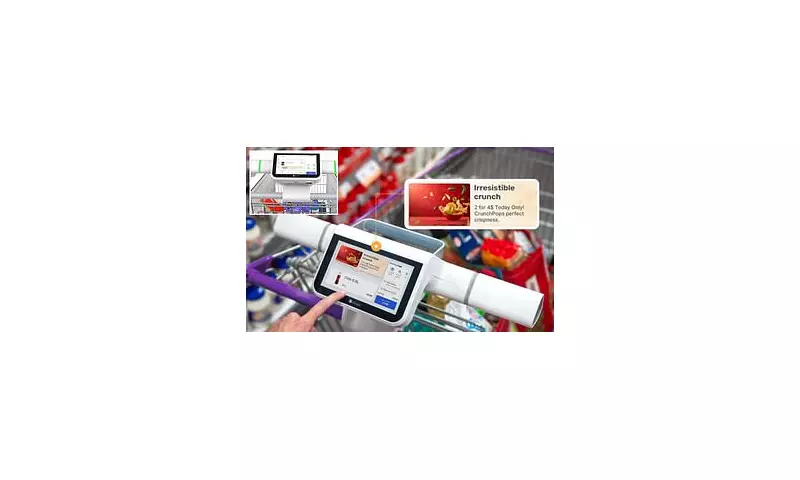
In a surprising U-turn, upmarket supermarket chain Waitrose has abruptly terminated its trial of futuristic AI-powered shopping trolleys. The high-tech carts, trialled at the Waitrose branch in Abingdon, Oxfordshire, have been scrapped after receiving a mixed reception from customers.
The innovative 'smart trolleys' were equipped with built-in scanners, scales, and screens, allowing shoppers to scan and bag their items as they moved around the store. The system promised to eliminate the traditional checkout queue, providing a running total of the shop and enabling a quick, contactless payment process.
Why Did the Trial Fail?
Despite the futuristic appeal, the technology faced significant practical hurdles. Customers reported that the trolleys were "cumbersome," "unwieldy," and often experienced technical glitches. The requirement to carefully place each item on the integrated scale for weighing proved to be a frustrating bottleneck for many, slowing down the shopping experience rather than speeding it up.
A spokesperson for John Lewis Partnership, which owns Waitrose, confirmed the trial's end, stating: "We've listened to our customers' feedback and have taken the decision to end the trial. The trolleys will be removed from the Abingdon branch."
A Blow for AI in Retail
This decision represents a notable setback for the integration of advanced AI and smart technology into the everyday grocery shopping experience. While other retailers like Amazon Fresh have pursued a similar cashier-less vision using overhead cameras and sensors, Waitrose's hands-on trolley approach appears to have missed the mark with its core customer base.
The abandonment of the project underscores a crucial lesson for the retail sector: cutting-edge technology must be seamless, reliable, and genuinely enhance convenience to succeed. For now, shoppers at the Abingdon store will be returning to the familiar routine of the checkout line.




